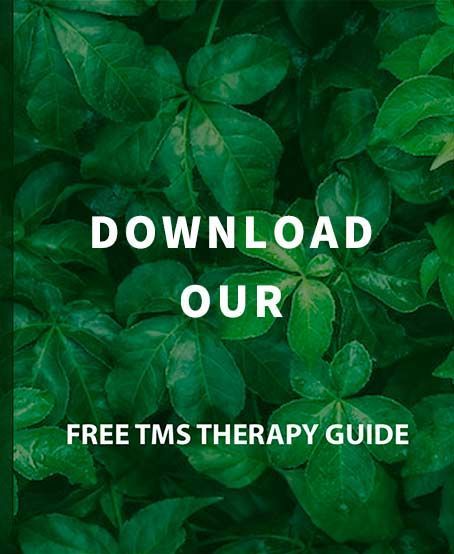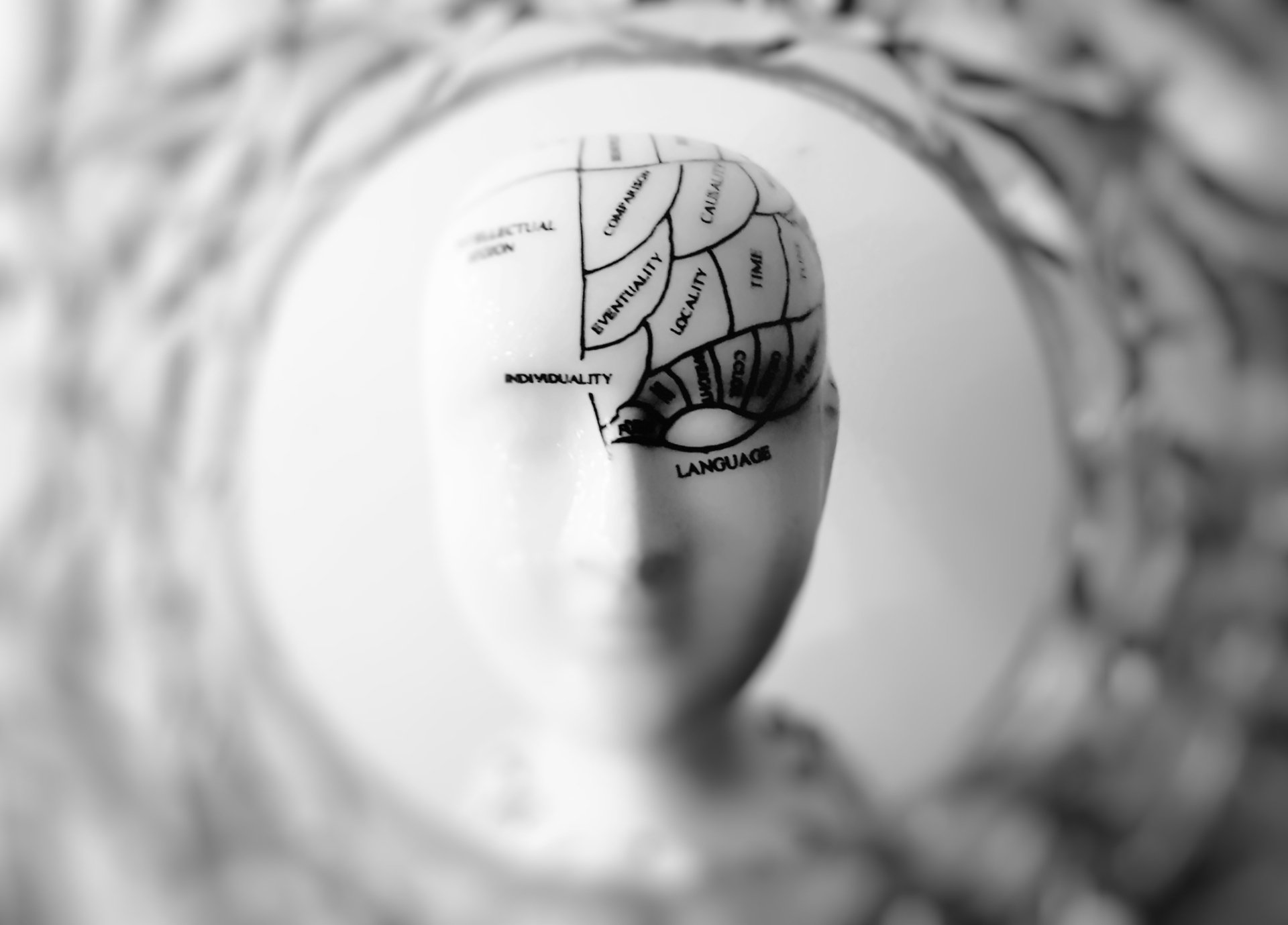Unveiling the Transformational Power of Trauma-Focused Cognitive Behavioral Therapy (TF-CBT)
The human spirit is remarkably resilient, often finding ways to endure the most harrowing experiences. However, the repercussions of trauma can linger, shaping the present with its specter from the past.
Trauma-Focused Cognitive Behavioral Therapy (TF-CBT) stands at the forefront of trauma recovery, offering a beacon of healing to those affected by overwhelming life events.
In this expansive exploration, we will dissect the numerous facets of TF-CBT, illuminating its impact, intricacies, and potential to transform the lives of individuals, families, and communities.
Understanding the Framework of TF-CBT
According to NCBI, TF-CBT is a structured, short-term therapy framework specifically designed to assist children, adolescents, adults, and families in overcoming the negative impacts of traumatic experiences.
This therapeutic approach combines elements of cognitive behavioral therapy (CBT) with trauma-sensitive interventions to address the complex needs of trauma survivors.
The key principles of TF-CBT encompass psychoeducation about trauma and its effects, the development of coping skills, the processing of traumatic memories, and the enhancement of safety and trust.
By providing a comprehensive set of tools, TF-CBT empowers individuals to work through their traumatic experiences in a safe and supportive environment.
It adheres to an evidence-based model, drawing from an extensive body of research that underscores its efficacy in reducing trauma-related symptoms and facilitating post-traumatic growth.
The Multifaceted Impact of TF-CBT
In the intricate process of trauma recovery, TF-CBT acts as a multi-tool, addressing various layers of the individual's experience. From the perspective of cognitive restructuring, TF-CBT helps individuals reframe their beliefs about safety, trust, power, self-esteem, and control.
Through the lens of exposure, it gently guides them to confront their traumatic memories, thereby reducing avoidance and desensitizing them to the emotional distress associated with their past experiences.
Furthermore, TF-CBT leverages skills training to equip survivors with a repertoire of coping strategies to manage their thoughts, feelings, and behaviors. These skills are the vehicles through which individuals can assert their agency and master the challenges that trauma presents.
Finally, the approach is not one of isolation but integration, as it seeks to strengthen social support systems and the adaptive functioning of the individual in their natural environment.
Navigating the Phases of TF-CBT
At the heart of TF-CBT is a set of clearly defined phases, each serving a distinct purpose in the therapeutic process. The initial phase focuses on building rapport and providing a foundation of education, for the survivor and their caregiver if applicable.
The safety phase is then introduced, emphasizing the creation of a secure environment for exploration and working through trauma.
The subsequent components are the trauma narrative and cognitive processing, in which the therapeutic re-telling of the trauma story is woven with cognitive techniques to process and reconstruct the narrative.
This integration fosters the transformation of the survivor's relationship with their past experiences. The final phase involves addressing and integrating the individual's experiences into their current life, promoting healing and the resumption of a fulfilling existence.
The Role of Cognitive Processing in Healing
Cognitive processing is the linchpin of TF-CBT, as it directly engages with the traumatic memories that have been the source of much distress. The process involves the deliberate and systematic revisiting of the traumatic event(s) to help individuals understand and integrate their experiences.
Through this cognitive restructuring, traumatic memories lose their overwhelming power and are recontextualized within the individual's broader life story.
By challenging maladaptive beliefs and cognitive distortions related to the trauma, TF-CBT enables survivors to reclaim agency and construct a narrative that is empowering and aligned with their desired self-concept.
The cognitive processing phase can be intense, yet it is a pivotal step toward full recovery and the restoration of a sense of normalcy.
Cultivating Coping Skills to Navigate Life's Challenges
In the crucible of trauma, coping skills are often the tools necessary for survival. TF-CBT dedicates significant attention to the cultivation and reinforcement of these skills.
Whether it's relaxation techniques, affect regulation or problem-solving strategies, the goal is to empower survivors with practical mechanisms to manage stress and regulate their emotional state.
These skills are not only beneficial in the context of trauma processing but are also transferable to various aspects of the individual's life. They serve as a bulwark against the resurgence of trauma symptoms and facilitate a more adaptive response to life's challenges.
Through consistency and practice, these skills become second nature, promoting resilience and an enhanced quality of life.
Family Involvement and the Broader Systemic Approach
Trauma does not occur in a vacuum. It has ripple effects that touch the lives of others, particularly within the family system. TF-CBT recognizes the systemic impact of trauma and, when appropriate, involves the family in the therapeutic process.
The engagement of the family serves multiple purposes, from providing support to the individual in recovery to healing the collective trauma experienced by the family as a unit.
Family involvement in TF-CBT can take various forms, including joint sessions, caregiver support, and the cultivation of a family safety plan.
By nurturing the family's resilience and improving communication and problem-solving skills, TF-CBT extends its transformative potential beyond the individual, fostering healing at a systemic level.
The Journey Towards Post-Traumatic Growth
Healing from trauma is not merely about returning to a pre-trauma state. It's an opportunity for growth, for the enrichment of one's life in ways that may not have been possible without the crucible of trauma.
TF-CBT paves the way for post-traumatic growth by encouraging the survivor to construct a coherent and positive life story that integrates their transformed understanding of the world and themselves.
Post-traumatic growth can manifest in various domains, including a renewed appreciation for life, enhanced personal relationships, new possibilities and paths for one's life, and increased personal strength. Through the lens of TF-CBT, trauma is not an end but a chapter in a larger narrative of resilience and renewal.
Conclusion
Trauma-Focused Cognitive Behavioral Therapy is a powerful modality that offers structure, support, and strategies for individuals grappling with the aftermath of trauma. It is a testament to the human capacity to heal and grow, even in the face of unspeakable adversity.
By breaking down the complex framework and principles of TF-CBT, we've highlighted its role in transforming the lives of those affected by trauma, promoting understanding, resiliency, and hope. As we continue to explore and champion the innovative approaches to trauma recovery, TF-CBT stands as a beacon, guiding countless individuals towards a brighter, more empowered future.
About Us
If you or a loved one are navigating the aftermath of trauma or suffering from mental health disorders like depression anxiety and OCD, it's crucial to know that support and effective treatment are within reach.
Accentus Health is dedicated to providing compassionate, specialized care through the practices of Trauma-Focused Cognitive Behavioral Therapy, TMS, CBT, and various other evidence-based treatments and therapies.
Our team of experienced professionals is committed to guiding you through your healing journey with sensitivity and expertise.
Take the first step towards transformation and healing today. Contact us to learn more about how we can make a difference in your life or the life of someone you care about. Together, we can chart a course toward healing, resilience, and renewal.
Local to Indianapolis? Call us to discuss your options.
(317) 721-4169
Cited Source:
de Arellano, Michael A Ramirez et al. “Trauma-focused cognitive-behavioral therapy for children and adolescents: assessing the evidence.” Psychiatric services (Washington, D.C.) vol. 65,5 (2014): 591-602. doi:10.1176/appi.ps.201300255
QUICK LINKS
FREE CONSULTATION
Experiencing depression or a neurological disorder? Remember, you are not alone. Get help today!

TMS THERAPY CAN HELP WITH:
- Depression
- Lack of Joy
- Sadness and Despair
- Low Mood
- Lethargy
- Insomnia
- Oversleeping
- Social Isolation
- Self-Harm
- Substance Abuse
- Suicidal Ideation
- Alcoholism














